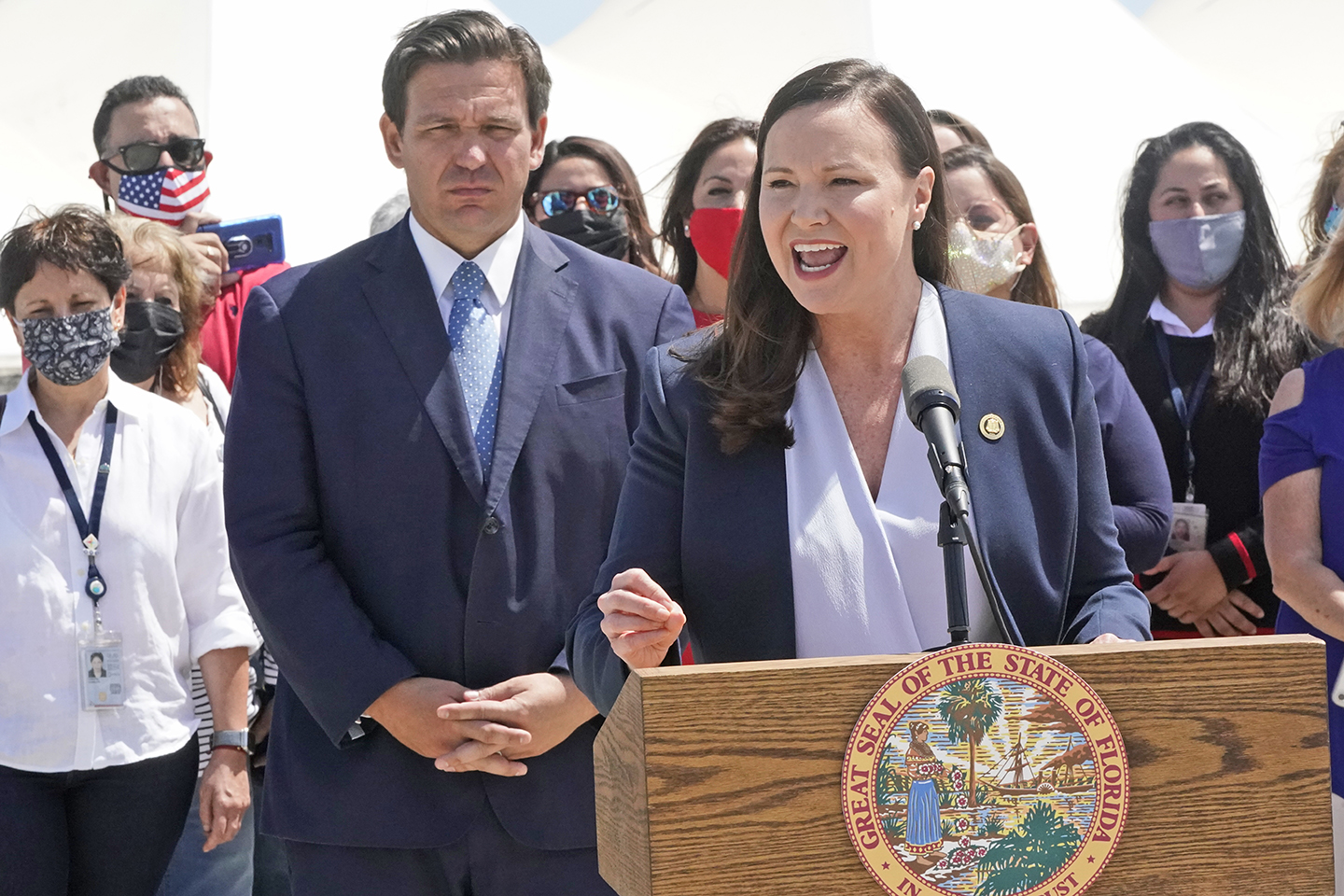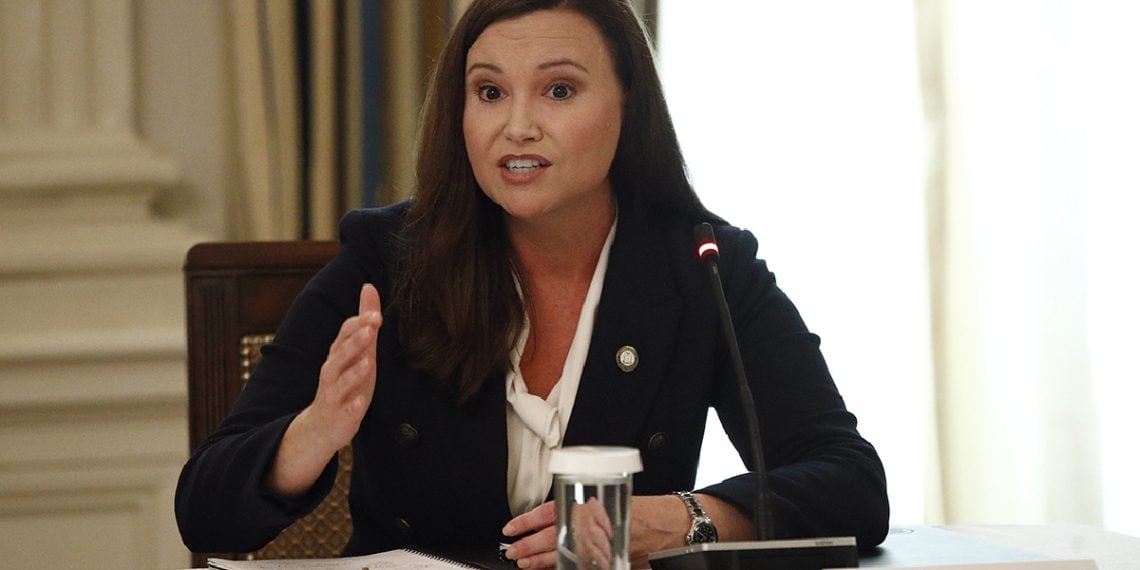Florida’s Attorney General Ashley Moody urged the state’s Supreme Court to halt a ballot measure aiming to amend the constitution for abortion protection, citing ambiguity. The proposed amendment, gathering enough signatures for the November ballot, aims to prevent laws hindering abortion access before viability or when deemed necessary by a healthcare provider.
Attorney Nathan Forrester argued it could broadly restrict state authority over abortion, raising concerns about its clarity.
Representing the sponsoring group, Courtney Brewer defended the amendment’s language, asserting its clarity for voters. However, the justices, all appointed by Republicans, grappled with its interpretation.
While some questioned the state’s claims of ambiguity, Chief Justice Carlos Muniz highlighted potential complexities, suggesting a need for voter awareness about altering fetal rights enshrined in the state constitution.
The ongoing legal battle underscores broader debates over abortion rights. Historically, such measures have succeeded at the ballot, even in conservative states, post the 1972 Roe v. Wade ruling. However, Florida’s stringent requirement for constitutional amendments, mandating a 60% vote threshold, poses a challenge.

In contrast, Ohio’s recent approval of a similar amendment reflects shifting attitudes, despite its conservative leanings. Florida stands among states witnessing efforts to place abortion rights on the ballot, reflecting evolving public sentiments.
Concurrently, Florida’s Supreme Court is deliberating on existing abortion restrictions, including a 15-week ban and the potential enforcement of a stricter six-week ban. The legal landscape underscores the ongoing struggle between abortion rights advocates and opponents, shaping the state’s reproductive healthcare policies.




